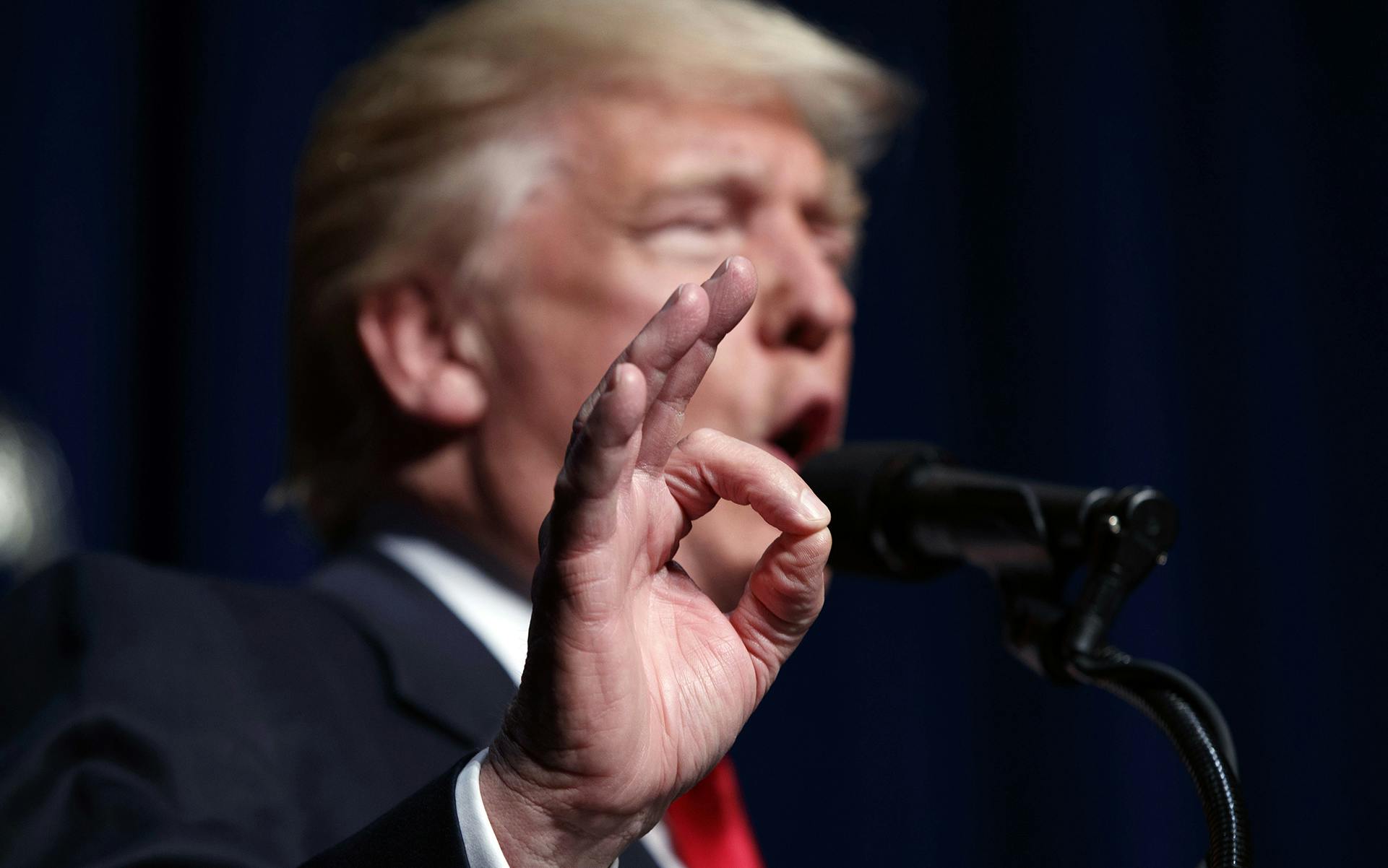U.S. News Updates
California
A new device could transform the way law enforcement handles cannabis-related traffic stops. A breathalyzer aimed at detecting THC on drivers’ breath is already being used on California streets. The brainchild of Hound Labs, with chemistry assistance from the University of California, the device apparently can detect THC if drivers have smoked or ingested cannabis within a two-to-three-hour window. Hound Labs CEO Mike Lynn, also a reserve deputy with the Alameda County Sheriff’s Office, pulled over drivers and asked them to submit to the voluntary test. “Basically everyone agreed because they were curious,” Lynn told U.S. News & World Report. At least one driver admitted to having consumed cannabis within the last 30 minutes, which resulted in a much higher readout, while two other drivers admitted to having consumed cannabis within the last two to three hours. The test confirmed it. None of the drivers were arrested, but they were not permitted to continue driving. The next stage of testing will entail sending drivers under the influence of cannabis on an obstacle course in an effort to correlate drivers’ THC levels with actual impairment. Even the National Highway Traffic Safety Administration acknowledges it’s “difficult to establish a relationship between a person’s THC blood or plasma concentration and performance impairing effects.”
Maryland
Maryland’s Legislative Black Caucus of Maryland, which comprises 45 of the General Assembly’s 188 members, is exploring options to ensure more diversity in the state’s medical marijuana industry. Although the law was originally drafted to prioritize minority-owned businesses, many feel the results don’t show it. Of the 15 grower licenses and 15 processor licenses handed out last month, only one in each category was awarded to businesses with any sort of minority ownership. The caucus is considering filing an injunction against the Maryland Medical Cannabis Commission to increase the number of licenses. Another possibility would be to introduce emergency legislation to de-authorize the commission — a move that would restart the entire license selection process.
Michigan
The Michigan Senate last week passed legislation eight years in the making that would license and regulate medical cannabis dispensaries. Under the legislation, a license would be required to grow, process, sell, transport, and test marijuana, and dispensaries would pay a 3 percent tax on gross retail income. Medical marijuana has been legal in Michigan since 2008, but the law was drafted in such a vague way that dispensaries inhabit a legal gray area, constantly under threat of raids and prosecution. The bill passed by the Senate last week would also legalize cannabis edibles and topicals. The National Patients Rights Association has been pushing for the changes since the state’s medical marijuana law was enacted. Although the Senate has approved the set of bills, they must still be approved by the House and win a signature from Republican Gov. Rick Snyder.
Nebraska
With the general election less than two months away, cannabis advocates are already setting their sights on 2018. A group seeking to eliminate the penalties for small amounts of cannabis possession has begun gathering signatures to put the issue on the 2018 ballot. Another group, which is pushing a broad constitutional amendment that would legalize cannabis in Nebraska, has also filed petition language with the Secretary of State. Although Nebraska decriminalized the first offense for possession of cannabis in the 1970s, individuals caught with an ounce or less are still subject to a $300 civil fine. Subsequent offenses carry criminal penalties, including jail time.
New Jersey
Gov. Chris Christie has signed a law to expand qualifying conditions for the state’s medical marijuana program to include post-traumatic stress disorder (PTSD). The move is a bit of a surprise. Although cannabis advocates have been pressuring Christie to sign the bill, the governor has long been a staunch opponent of cannabis, having referred to medical marijuana tax revenue in the past as “blood money.” The measure will allow patients to use cannabis to treat PTSD if their condition can’t be helped through conventional therapy. In approving the measure, Christie stipulated that the state health commissioner must enforce additional regulations to provide “clear, objective criteria” for cannabis as a PTSD treatment.
International News Updates
Canada
Two major Canadian banks have said they will stop working with cannabis-related businesses, concluding that the industry is still too risky. Scotiabank and Royal Bank of Canada will no longer allow new accounts to be opened by cannabis-related businesses and are cancelling existing ones — despite the fact that federal legalization of cannabis for adult use is slated for next year. The banks have already begun closing accounts, including that of businesses permitted by Health Canada as licensed producers for medical patients. Also closed was the account of Hemp Country, which doesn’t sell cannabis products but does offer hemp items and paraphernalia.
Shop highly rated dispensaries near you
Showing you dispensaries nearThe Netherlands
Mayor Peter Noordanus of Tilburg, the sixth-largest city in the Netherlands, announced that residents who rely on medical cannabis may grow up to five plants for personal use without fear of persecution. In order to qualify, one must be an adult with a medical certification and a fire-safe home, and plants are must be no more than three meters tall. This is a clear break with past policy, under which authorities seized plants and evicted even growers cultivating cannabis even for their own personal, medicinal use. Just last week, a multiple sclerosis patient, Jean-Paul ‘t Gilde made international waves when the mayor of Middleburg moved to evict him for the possession of 364 grams of dried marijuana and three plants.
United Kingdom
A new report from the All-Parliamentary Group on Drug Reform says it’s “irrational” to ignore the medicinal value of cannabis. The report calls for an end to the criminalization of those who use cannabis for medical reasons. “The results are clear. Cannabis has a medical benefit for a wide range of conditions,” said neurologist Mike Barnes, who was commissioned to analyze nearly 20,000 scientific and medical reports as well as evidence from patients, medical professionals, and those who have led medical cannabis regulatory efforts in other countries. The government’s position on cannabis not only ignores the evidence, Barnes said, it also prevents further study: “This research is being stifled by the government’s current classification of cannabis as having no benefit.”





